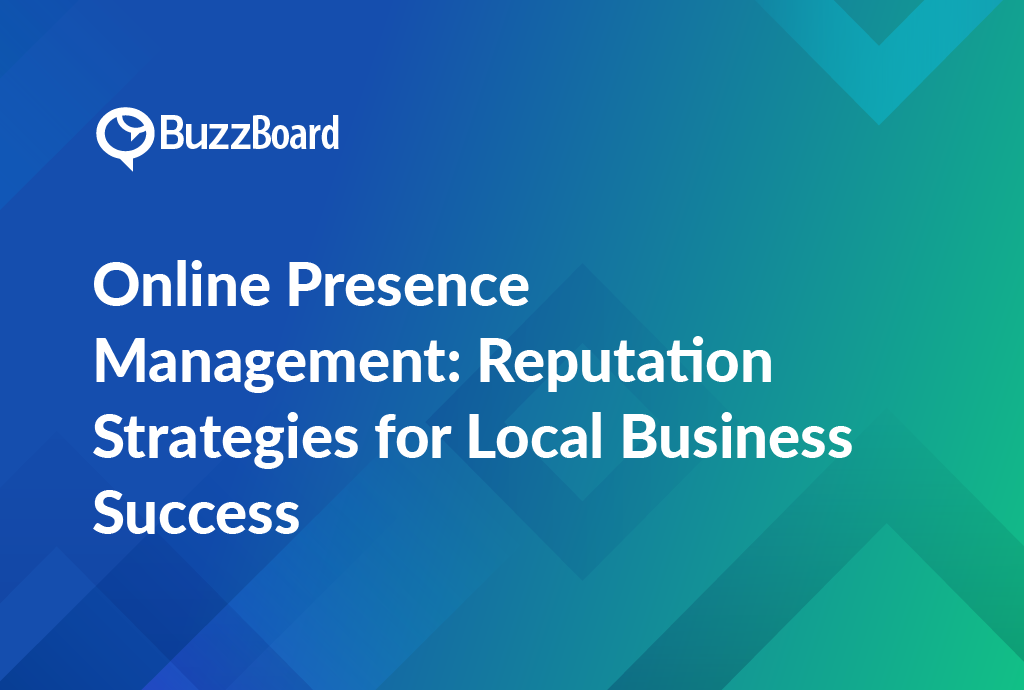Evaluating the Impact of a Personal Brand in the Small Business Context
In the context of small businesses, a strong personal brand can be a game-changer. For sales professionals in digital marketing, understanding the concept and impact of personal branding on small businesses, especially within their local communities, is essential for crafting effective strategies.
A personal brand creates a human connection between a business and its audience. It allows business owners to present themselves and their services in a manner that strikes a chord with the local community they are aiming to serve. Unlike larger entities, which often exhibit a corporate exterior, a small business can leverage its size and locality through personal branding, leading to robust and sustainable customer relationships.
The influence of personal branding on small businesses can be assessed by examining customer loyalty and engagement rates. A potent personal brand should stimulate regular interactions and attract new customers consistently, due to its familiarity and connection with the local community. Notably, successful personal branding isn’t about having an impressive logo or catchy tagline. Instead, it’s centered on authentically engaging on a human level and building relationships.
Sales professionals at digital marketing agencies can add further value to small businesses by enlightening them about personal branding strategies and their potential impact on the business.
Join us as we delve into the world of small businesses and the importance of personal branding.
Strategies to Create a Personal Brand within the Local Business Community
Creating a personal brand within the local community can have a potent impact on small businesses, significantly enhancing their visibility. Sales professionals focusing on this niche market need to learn how to leverage personal branding for maximum client benefit.
Essentially, personal branding is a fusion of skills, experiences, and values crafted into a distinctive professional identity. For small business owners, their personal brand often majorly contributes to the business’s overall brand identity, directly influencing the company’s reputation in the local community.
Building a personal brand calls for thoughtful planning and strategy. It begins with defining what you desire your brand to represent, be it the embodiment of a reliable vendor, the go-to expert in your field, or a trusted community business leader. A comprehensive understanding of your client’s company strengths can aid in shaping a robust, memorable personal brand.
Align your personal branding strategy with the company’s mission and vision. Strive for authenticity, as modern consumers gravitate toward brands portraying honesty and transparency. Leverage social media and local networking events to engage with the community and generate influence.
However, remember that consistency is key. From the digital persona to the business’s interaction within its local community, every action should incrementally build and reinforce the brand image.
Building a personal brand doesn’t occur overnight. It’s a journey of learning, building, and refining. Sharing your expertise through blogs and podcasts is another way to establish a personal brand, garnering attention from both your peers in marketing agencies as well as potential clients.
Start building your personal brand today by embracing these strategies, and create a strong, authentic presence within the local business community. With persistence and consistency, you’ll observe a significant impact on your business, your credibility, and your marketplace relationships.
Exploring the Role of Personal Branding in Small Business Growth
In the competitive landscape of small business, successful personal branding emerges as an essential component. It provides a unique mix of skills and experiences that distinguish your business within the local community. This strategy proves effective in creating tangible value and cultivating robust relationships with your customers, employees, and stakeholders.
Personal branding for small businesses aims to encapsulate the core values, mission, and vision that render your business unique. It fosters an authentic narrative about your business, which not only resonates with your target audience but also makes your brand memorable. A well-executed personal brand constructs trust and credibility, vital factors influencing consumers’ purchasing decisions.
Consider, for instance, the founder of a thriving organic skincare brand. A licensed esthetician, her prowess and conviction in offering natural skincare solutions served as the personal brand utilized in the company’s marketing strategies. This conveyed transparency, trust, and authenticity to the community, catalyzing the company’s steady expansion.
Remember, your personal brand isn’t merely about how you present yourself, but also how you interact and communicate with your clients. Engage with your community, online or offline, ensuring your positioning aligns with community values and requirements.
Consistent personal branding is vital for small businesses to flourish. Digital marketing agencies can significantly assist in managing and maintaining these personal brands to boost visibility and meet small businesses’ growth needs.
Invest time in your personal brand today it’s an investment that will yield significant returns in the future. As salespeople in the digital marketing arena, understanding the role of personal branding in small business growth is crucial.
Examples of Successfully Built Personal Brands within Small Businesses
A strong personal brand within a small business environment can be a powerful catalyst for substantial growth and recognition. Notable examples include Marie Forleo International and Moz.
Marie Forleo, the founder and CEO of Marie Forleo International, leveraged her charismatic personality and credible knowledge to craft not just a robust personal brand, but also a movement in personal development and business strategy. Her fervor for helping others drove her to harness digital platforms effectively and establish a compelling presence within her local community and among small businesses and entrepreneurs.
In a similar vein, Rand Fishkin, the former CEO and co-founder of Moz, aimed to unravel the often complex and obfuscated world of SEO. Fishkin’s transparent and instructive “Whiteboard Fridays” underlined his personal branding and built trust amongst his audience. His forthrightness about the challenges and victories of Moz further fortified his personal brand.
Both these successful entrepreneurs harnessed digital platforms to communicate effectively with their target audience and local community, meeting their information needs. Building a personal brand that embodies genuine passion, an empathetic understanding of one’s audience, and a solid professional reputation is critical for small businesses.
Personal brands can catapult small businesses to unprecedented heights. Keep in mind, developing a personal brand is not an overnight process, but it is indeed a potent tool every business professional should master. As seen in the preceding examples, it requires a consistent and strategic approach.
These success stories underscore the potential of effective personal branding within small businesses, demonstrating that the right strategies can lead to significant impacts, even within a small or localized market. Investing in personal branding can lay the groundwork for stronger customer relations, enhanced recognition, and ultimately, business growth.
The Challenges and Advantages of Personal Branding in Small Businesses
In the fiercely competitive sphere of small businesses, personal branding provides significant opportunities while also posing marked challenges. A robust personal brand enables entrepreneurs to connect with their local communities and establish trust with potential customers. By showcasing the individuals behind the brand, small business owners may foster loyalty and fuel business growth.
Distinct personal brands often resonate more powerfully with the local community. People want to know who’s responsible for the service or product they’re using, fostering a customized customer experience. However, crafting a personal brand within a small business can be demanding, requiring time, effort, and expertise.
It’s crucial to maintain consistency in personal branding – inconsistency can generate confusion and mistrust among potential customers. Small business owners must ensure that their online presence matches their physical appearances, service delivery, and all communication forms to maintain a consistent image.
Simultaneously, personal branding can blur the line between personal and professional life, often leading small business owners to grapple with striking a suitable balance.
Nonetheless, the advantages outweigh the potential difficulties. Through personal branding, small business owners can differentiate themselves from competitors and create a one-of-a-kind identity that resonates with the local community. When executed correctly, personal branding can lead to increased business visibility, customer loyalty, and facilitate word-of-mouth marketing.
Ultimately, it’s about nurturing an authentic connection with your customers and community.







